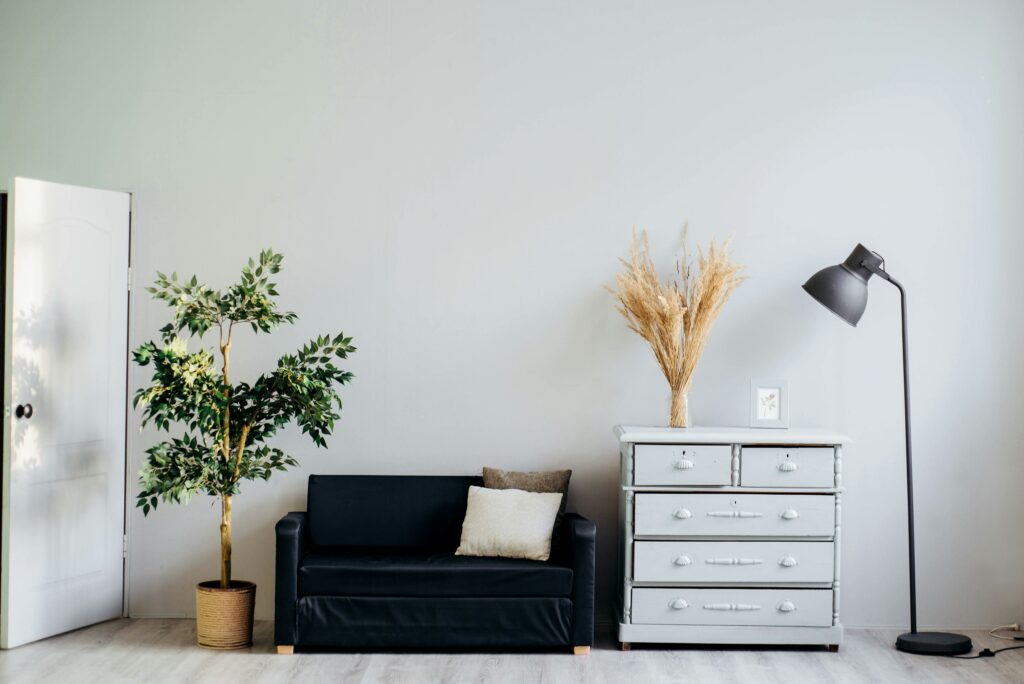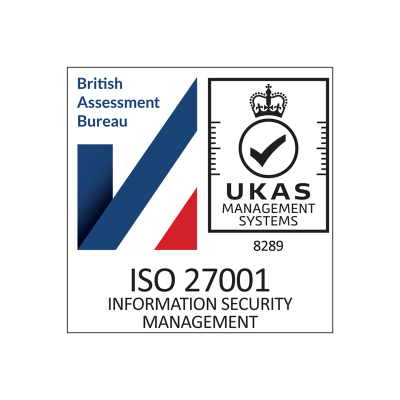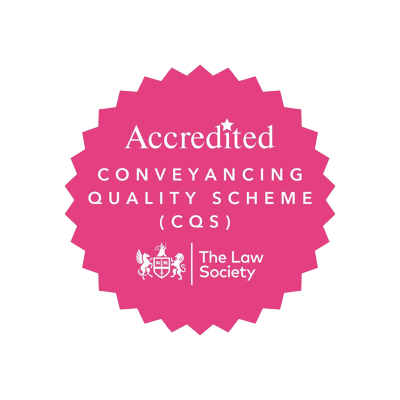What should I look for when viewing a property? When you’re looking for your dream home, you may walk in and instantly decide that it’s the one for you. Before committing to what could be one of the biggest purchases you’ll ever make, check that the property you love will live up to your expectations. To help you make sure it’s in the best possible condition and not likely to cause you problems in the future, we’ve curated a checklist for you to have to hand when viewing your next property.
What should I look for outside the house
How can I tell if a building’s structure is sound?
Seeing hairline cracks in a house is completely normal and can come with the house settling over time. However, larger cracks in the exterior walls of the property can be a sign of serious issues. Don’t overlook them. Speak with the estate agent to find out more.
Does it matter which way a house faces?
The direction your house faces can determine whether it’s filled with natural light or remains dark throughout the day. Try to visit the property at different times of day to get an idea of the light you can expect.
How old is the roof?
Before heading into the house look at the roof and the condition it is in, can you see missing or cracked slates? Ask your estate agent about the age of the roof. Typically, newer roofs have a life of up to 20 years before work is needed to get it back in a suitable shape.
Will I be overlooked by neighbours?
When we are in our homes and gardens, we want privacy. When moving into a busy estate or cul-de-sac your garden may be overlooked by many other properties. Find out if there are any ongoing planning applications for structures that may overlook your garden in the future. Especially if you are buying a home on a new development or if you have fields or unused brownfield land close to your property.
Is parking important?
Parking is an important consideration when it comes to selling the property in the future. Does the property have a garage or driveway, or will you need to park on the roadside?
What should I look for inside the house
Is there damp?
Once you are inside the property, look around the rooms for signs of dampness. Tell-tale signs of damp and mould include a dank smell; moist, flaking plaster and watermarked ceilings are visible signs that water might be, or might have been present in the building.
Sellers may freshen up damp rooms with a coat of paint to hide the damage. Keep this in mind during your viewing. If in doubt, ask the vendor or agent if the property has had a damp-proof course.
Why does storage space matter?
Storage space may not seem like a big priority at first, but once you have moved in, you’ll soon realise a lack of space to keep boxes, vacuum cleaners, seasonal decorations etc. can be an issue. Look for opportunities for storage under the stairs, in the loft or, if the house has a watertight shed or space inside the garage. If the bedrooms don’t have fitted wardrobes, are the rooms big enough to accommodate free-standing or fitted wardrobes and a bed? It’s worth thinking about this before you and your boxes of belongings commit to buying!
Does the plumbing work?
When viewing a property, test the taps in each room to check the water pressure and how quickly the water heats up. Low pressure and cold water could become a big bugbear when you move into the property.
Check with your estate agent about the boiler’s condition and age to determine if it might need replacing.
Is the house soundproof?
No one wants to live in a house where you can hear the conversions happening in your neighbours’ homes. Make sure you get some time to check this when you are in the property. Visit the home at a time when you know the neighbours are most likely to be around, such as a weekend or early evening. If you are buying an apartment, can you hear your upstairs neighbours walking around? If you are buying close to a main road, can you hear the traffic, and could this put you off over time?
Can I use the attic as an extra room?
You should take time during your viewing to discuss the attic. The attic can have many uses. It can become extra space for storage, but it can also have the potential to be converted into additional rooms. The cost of converting could be an investment that could potentially add value to your property in the future. Many loft conversions that will be used as bedrooms will require planning permission so it’s worth checking this out.
Are the fireplaces functional?
If you’re serious about purchasing the property get a professional to view the fireplace to ensure it’s working as it should. Keep an eye out for any brickwork issues, poor ventilation or downdrafts.
What should I look for in the local area
Will traffic affect me?
It’s important that you take time to get to know the local area before purchasing your new home. Check out your route to work or the school run to learn of any traffic issues.
What are local amenities?
It’s handy to have local shops, schools, chemists etc nearby. Make time to walk around the local area and see how close you are to the local amenities. Get to know any shops, restaurants or bars around in the area.
Is being close to a school important?
It’s a good idea to look at the schools local to your house whether you have children or not. Property close to sought-after schools can be more expensive as competition to live in desirable catchments is high. While families like to have a school within a close distance, this can cause traffic in the mornings and afternoons.
Visit the property at different times of day to get an idea of what it could be like to live in your new home. Consider parking, the volume of traffic and noise pollution. Taking this extra time will ensure you make a purchase you’ll be happy with.
So now you know what to look for when viewing a property, we can help. Head over to our homeowner’s page to see how we can support you in your home-buying journey.


